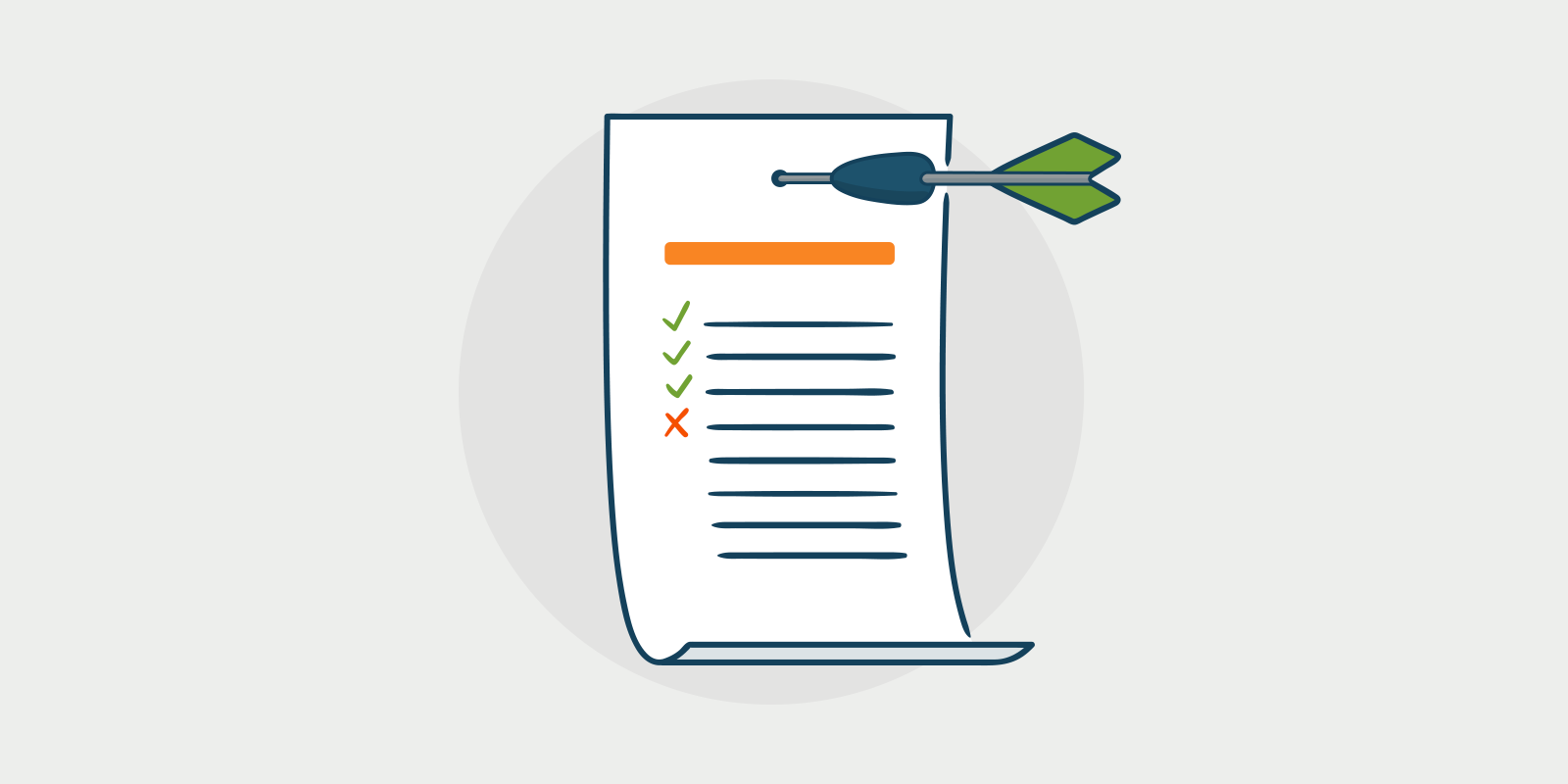
As with everything in life, things are never quite as simple as you may think. If you’re a new landlord or you’re thinking about letting property as a career or side hustle, there are hidden costs that you need to budget for. If you only account for mortgage costs when setting a rental value you could be in for some nasty surprises down the line.
Before you even advertise your property for rent you need to account for several hidden costs. You need to be in a financial position to deal with the unexpected costs you may encounter. This means you should always have a contingency fund. As a rule of thumb, it’s recommended that you have around 30% of your gross annual rental income set aside to deal with hidden costs such as advertising for new tenants, repairs, and redecoration.
Agency Fees
If you’re just taking on a property or two, then it’s likely you may do everything yourself. However, if you have a portfolio of properties or have too many other commitments you may choose to use a letting agency. They can help you advertise, reference tenants, and deal with the day-to-day management of collecting rent, maintenance, and repairs. But this all comes at a hidden cost that you must incorporate into the rental value.
Wear and Tear
It’s great to have tenants that stay for extended periods. This saves you a heap on lost rental income while the property is empty and advertising for new tenants. However, when a tenant does leave after staying for a year or longer, there will be wear and tear to your property that you cannot reasonably or legally deduct from your tenant’s deposit.
At the very least, if your tenants have stayed a few years, the property will need a fresh coat of paint to make it look fresh and appealing to new tenants. And furniture such as the sofa may need deep cleaning or replacing. Make sure you’ve accounted for these hidden costs in the rental value and that you keep that money set aside.
If you’re renting a property for £500 a month, if you set aside £100 per month or £1,200 each year you’ll be able to deal with replacing furnishings, appliances, and redecoration.
Don’t rely on being able to dig into your tenant’s deposit to meet these costs as you need to return this. It’s not yours.
Accidents
Anyone can have an accident but when you are a landlord these can be costly affairs. It only takes an accident or two, such as a broken window or a ruined carpet and you’ll soon find that a month’s deposit is insufficient to cover the repairs.
Good to know
Fortunately, you can claim for this if you take out accidental damage cover with landlord’s insurance. But be aware, that with all insurance, as soon as you claim your premiums go up. Depending on the damage you may choose to cover the costs from your contingency fund.
Electrical fires and appliances
All white goods in your rental property must be checked by a qualified individual and be PAT tested. This includes heaters and lamps and it’s important to know that if your tenants bring their own appliances, then this could invalidate your insurance.
It’s always wise to arrange a time to inspect your property periodically and if you see any appliances that aren’t yours, you can ask your tenants to remove them from the property. Remember that fires from faulty electrical appliances can cause serious damage to your investment as well as endangering lives.
British Weather
The UK is fortunate in that we don’t tend to suffer from earthquakes, tornadoes, and tsunamis. But we do suffer from storms and freezing temperatures during the winter. This can typically lead to burst pipes and damage to the roof of your property. You can send a friendly text message to your tenants during a cold weather snap or after a storm, to check all is okay.
This a good way to deal with any issues promptly and help you prevent further damage which can be costly if left. You should always have good tradesmen available such as an electrician and a plumber, in the event of an emergency. You don’t have to rehouse your tenants if the property cannot be inhabited. But can’t charge your tenant’s rent for any days they are unable to live there.
Insurance
If you are getting into the buy-to-let market, and are not one of those rare individuals who own or can but property outright, then your mortgage provider will insist that you get landlord’s insurance. Even if you do own the property outright, landlord’s insurance is a very good idea. It can cover you for eventualities we have mentioned, such as storm damage and damage from tenants.
Landlord’s insurance can also help you cover your mortgage for other eventualities. That includes if you need to evict non-paying tenants and if a tenant were to sue you for having an accident in or on your property.
CP12
The vast majority of UK homes have central heating powered by a gas boiler. And many homes also have a gas fire, gas cookers, and gas hobs. If you rent a property, you absolutely must get an annual Landlord’s Gas Safety Certificate often known as a CP12 from a registered corgi gas engineer. It’s the law.
Certificates are not a standard price as it varies depending on the number of gas appliances in the home. You can expect to pay anywhere up to £150 for the certificate alone. You’ll need to pay extra for repairs and maintenance that is required.
Paying the Taxman
Many new or potential landlords are blissfully unaware (until Jan) that income you earn on a property is taxable. For the tax year 2019/2020, the personal allowance that you pay no income on is £12,500. But income from £12,500 to £50,00 is subject to the basic rate of 20% and over £50,00 is taxed at 40%. There is also a £1000 tax allowance for landlords’ that will bring your non-taxable amount up to £13,500.
If you earn £30,000 from renting three properties, for example, you’ll have a tax bill anywhere from £3,300 to £12,000. Failure to account for the taxes you’ll need to pay could lead to a disastrous situation.
Good to know
You don’t need to pay tax on the gross rental income as you can deduct for the expenses you pay such as the interest part of your mortgage, landlord’s insurance, agency fees, and items you replace when due to wear and tear.
Hidden Costs: Important things to remember
Being a landlord is not just the simple equation of rental income minus your mortgage. You must consider all these things before you take on board a rental property and set the rental value.
- Insurance – Make sure you take out insurance to cover you for numerous eventualities.
- Agency Fees – If you use an agency be sure to account for the cost in your rental value.
- Gas Certification – Allow for the cost of a gas certificate annually.
- Contingency Fund -You should ideally have 30% of the gross annual rental value set aside.
- Taxes – You still have to pay tax on money you earn from renting properties, so make sure you allow for this, calculated at the correct rate.
Download free tenancy agreements
When you sign up with Rentila, we provide tenancy agreements as part of the deal. To join the Rentila community and grab a tenancy agreement, head to our sign-up page.



 Protect the environment. Reduce paper consumption and help save the trees as well as save money at the same time.
Protect the environment. Reduce paper consumption and help save the trees as well as save money at the same time. 
